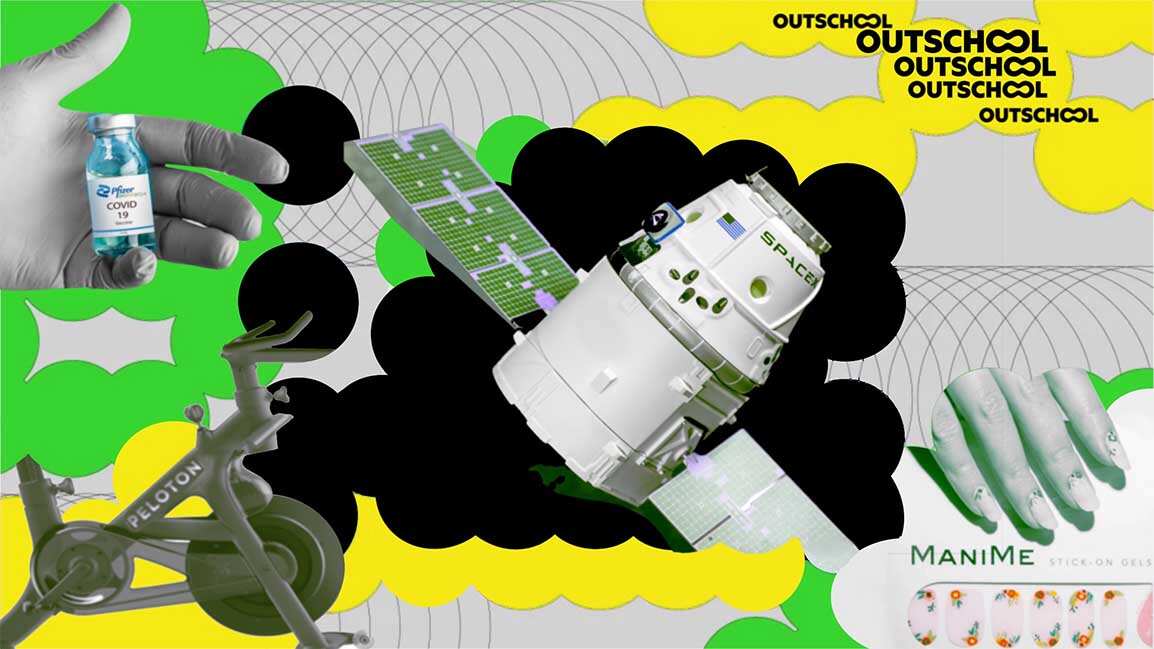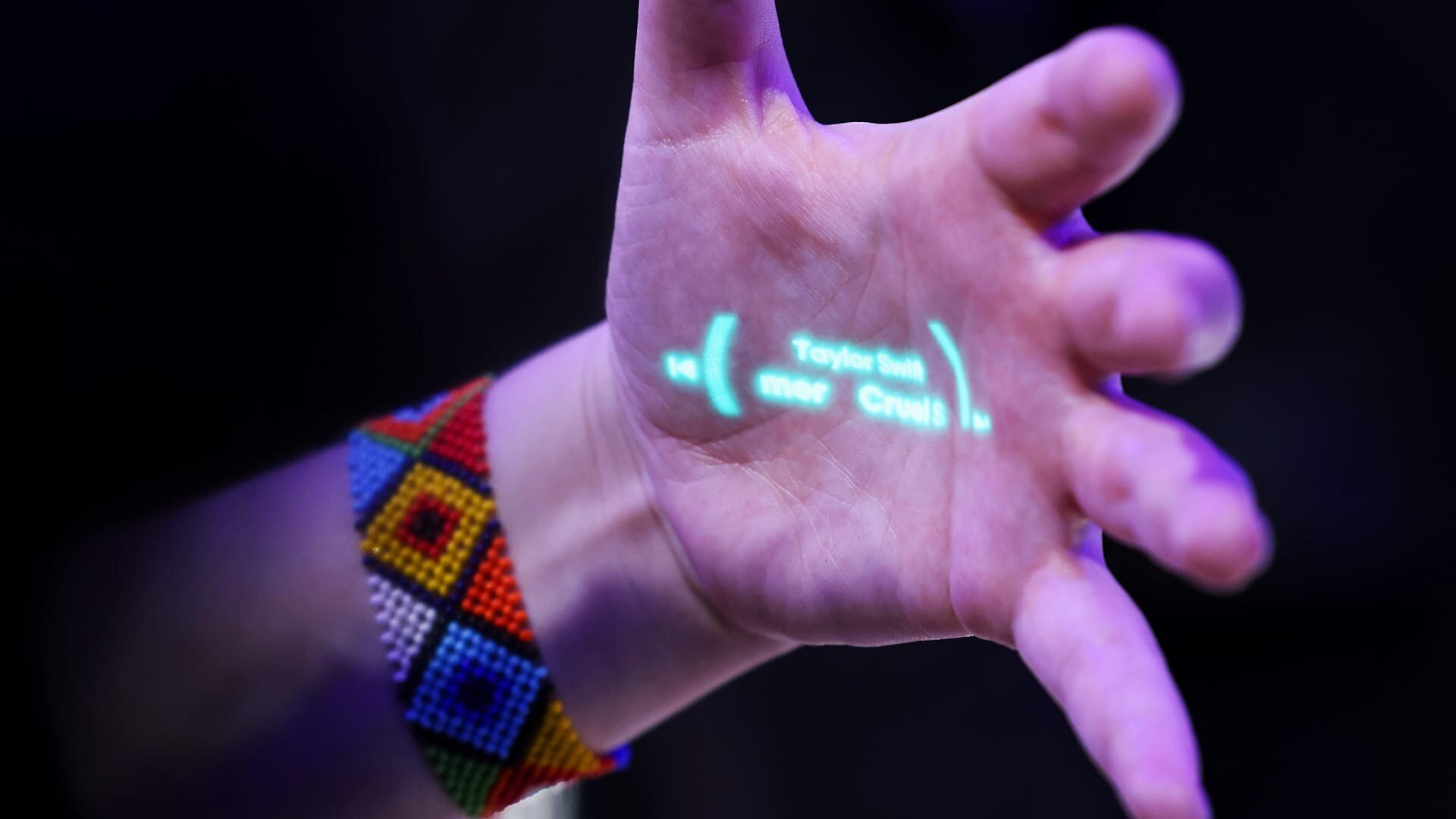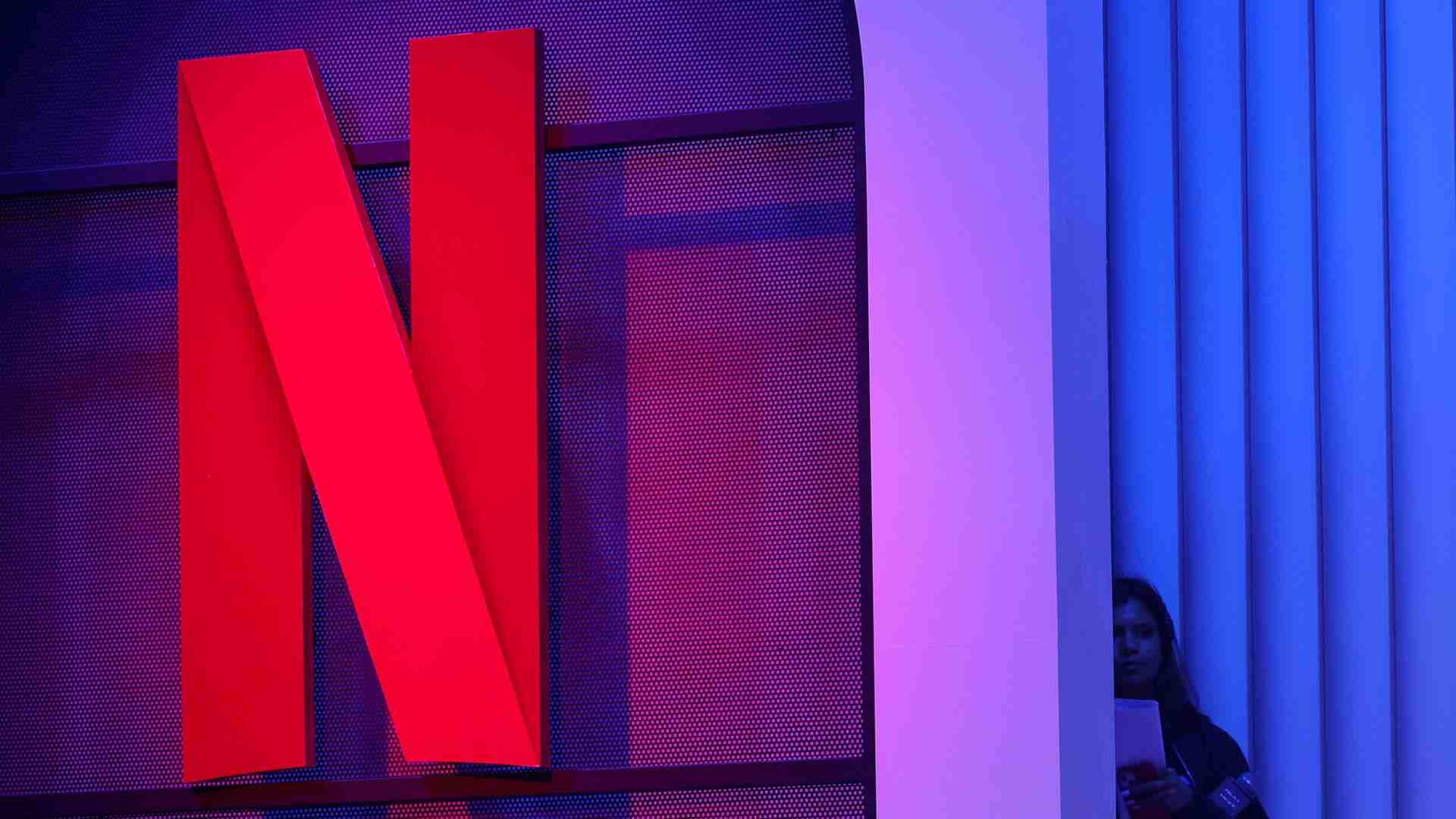- | 10:30 am
Companies that made it to the most innovative companies list in 2021
Remote services, automation and epayments took center stage in 2020, highlighting the role of innovation in human life more than ever before.

James Watt’s tweak that increased the steam engine’s efficiency inspired his successors and laid the foundation for a sustainable future. When playwright Karel Capek wrote the fictional depiction of a robot in 1920, did he imagine that the concept would inspire real-world automation?
Innovative thinking lays the foundation for a future that even those behind them couldn’t imagine at the time.
Firms such as Shopify created a digital marketplace without anticipating a pandemic, and edtech app Homer and video calling platform Zoom were able to support education and work from home.
Innovation is driven by the belief in ideas such as colonizing Mars, powered by SpaceX, or the power of virtual interaction behind the metaverse.
Fast Company has been honoring such innovative ventures since 2008, but its Most Innovative Companies list for 2021 was significant. This is because the importance of creative solutions in everyday life was highlighted more than ever before in 2020 when remote services, automation, and digital payments took center stage around the world.
Pfizer-BioNTech
The response to COVID-19 took center stage in 2021, and drug maker Pfizer and German manufacturing partner BioNTech delivered a COVID-19 vaccine in record time. It distributed millions of doses in less than a year after the genetic sequence of COVID-19 was first obtained.
In the biggest vaccination campaign in history, more than 12.2 billion doses have been administered across 184 countries. The latest rate was roughly 10.2 million doses a day.
SpaceX
While COVID-19 didn’t make life so great on Earth, the conquest of space was doing pretty well. SpaceX became the first private company to send NASA astronauts to the International Space Station, the first crew to launch from US soil in nearly a decade.
In 2020, the company hit the 100-launch milestone for its Falcon 9 cargo rockets and added nearly 1,000 satellites to its Starlink constellation — and the Falcon 9 that delivered its last 60 satellites was on its seventh trip, a milestone in reusable rocketry.
Launched on July 14 from NASA’s Kennedy Space Center in Florida,
a SpaceX Dragon resupply spacecraft carrying more than 2500 kilos of science experiments, crew supplies, and other cargo is on its way to the International Space Station.
Outschool
Some of the most innovative education companies faced the challenge of making remote learning fun. As most learning happens via a screen, companies such as Outschool have helped learners have a good time while developing their creative passions.
A marketplace for virtual extracurricular activities, such as ukulele lessons and food-science experiments, for students ages three to 18, Outschool had over 500,000 students, with families and teachers across more than 200 countries, as of 2021.
TytoCare
Tytocare began with a vision to put health in the hands of the consumer. TytoCare created a device that lets doctors monitor a patient’s heart, lungs, ears, throat, abdomen, temperature, and heart rate remotely. During the pandemic, when people were scared to go to the doctor’s clinic, TytoCare’s telehealth device offered a routine checkup from home. The company’s estimated annual revenue is currently $54 million per year.
Biobot Analytics
During COVID-19, Biobot Analytics rapidly devised a method for finding the virus in sewage. And its business exploded. Biobot’s COVID-19 testing service (customers received sampling kits shipped back to the company’s lab with quick results) allowed towns and cities to predict surges in new infection accurately.
The pandemic underscored a need for continuous, reliable population health data so public officials can make decisions to protect those in their community. With a lack of consistent clinical testing, many turned to wastewater data. Biobot’s technology has also helped track the spread of influenza and norovirus. The company is also working on a project to track the opioid epidemic.
Homer
Amid a massive educational disruption, companies had to find a way to keep students engaged. When school shutdowns left parents grasping for solutions, Homer’s learning app stepped in to fill the void. It took a research-based approach to build reading skills in children aged two to eight — the group that struggled most with the transition to virtual learning. It delivers academic skills such as maths and personal skills like problem-solving and social-emotional awareness.
Peloton
Wellness brands took center stage during the pandemic to keep people worldwide feeling healthier, happier, and less stressed in tough times. With the Peloton bike, customers could access personal metrics during class and their performance and race up the leaderboard with other players during their live courses. Peloton is committed to making its at-home workout offerings the best part of quarantine. And succeeded.
Shopify
When the pandemic lockdown began, many small brick-and-mortar retailers that depended on foot traffic suffered greatly. Shopify quickly stepped in. The company offered tools that allowed these businesses to launch online operations overnight by converting their points-of-sale terminals into ecommerce stores. Shopify then highlighted these local stores in its Shop app, which allowed users who typically shop online to support their local economy. The total revenue for 2021 was over $4611 million, a 57% increase over 2020.
Hipcamp
Hipcamp offers travelers a variety of options that inspire people to get outside and step into nature – from public campgrounds and RV parks to private ranches, farms, and vineyards. The unique stays offered are one of Hipcamp’s biggest differentiators — they highlight the opportunity to explore new places, meet new people, and support the protection of wild places.
As the pandemic changed travel habits, inspiring people to get outside and stay local, Hipcamp developed a system to forecast demand in different regions.
Manime
For a long time, people wished there were better options available for nail care. While gel manicures are time-consuming and damaging, stick-on don’t always fit right or last long. But Manime devised a way to turn 2D smartphone photos of users’ hands into a 3D model and custom print gel polish nail stickers that fit perfectly. The company’s sales grew tenfold in 2020 as the pandemic shuttered salons.
ManiMe commissioned designs from hard-hit nail artists, providing them with a new revenue stream.
Most Innovative Companies comes to the Middle East this October! Click here to know more.






























